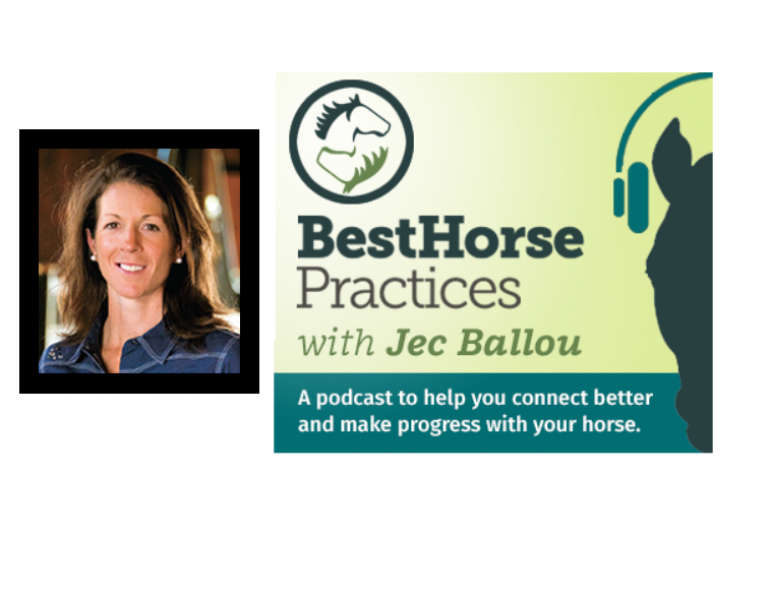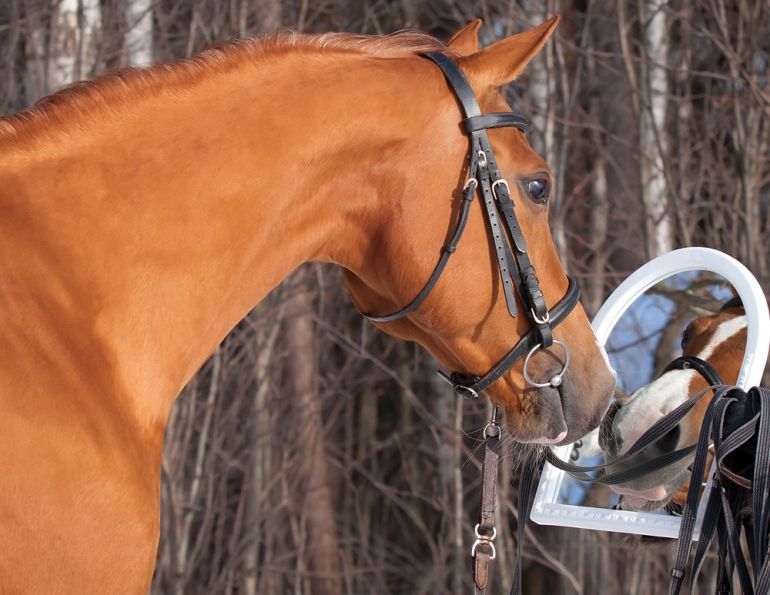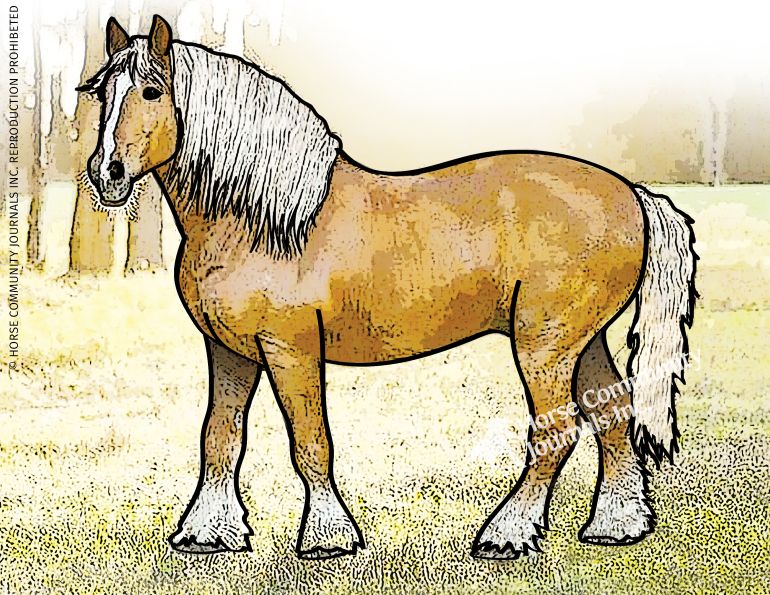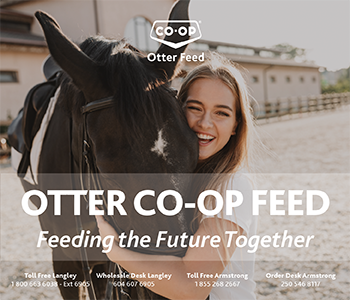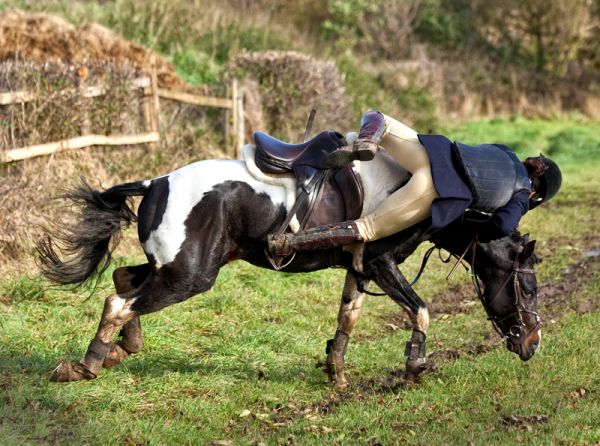By Mark Andrews
According to recent research, equids whose owners believe in their capacity to experience emotions or share an emotional bond with them tend to be in significantly better health.
The study, conducted by the University of Portsmouth and The Donkey Sanctuary, an international animal welfare charity, has found that working equids, such as donkeys, horses, and mules, whose owners believe in their capacity to feel emotions, experience significantly better health and welfare outcomes compared to those whose owners do not share such beliefs.
This study is the first to establish a direct link between the well-being of working equids and the attitudes and beliefs of their owners, encompassing diverse countries and contexts worldwide.
Related: Compromised Welfare in Individually Housed Horses
The researchers visited equid-owning communities in Egypt, Mexico, Pakistan, Senegal, Spain, and Portugal, conducting thorough welfare assessments. This involved a comprehensive questionnaire for owners, probing their beliefs, values, and attitudes towards their animals, along with a detailed assessment of the equids’ welfare.
The findings, published in the Journal of Applied Animal Welfare Science, revealed that animals whose owners believed in their emotional capacity or had an emotional bond with them exhibited significantly better health and higher body condition scores compared to those whose owners did not hold such beliefs or primarily focused on their profitability or utility. This research highlights the crucial role that human perceptions and attitudes play in shaping the well-being of working equids across diverse global settings.
Related: Horse Personality Profiling
Nearly 400 participants from six different countries were assessed using a welfare assessment protocol and a questionnaire to explore their attitudes as owners. The study revealed that equids belonging to owners with an affective perspective (emotional bond) and those who believed their animals could feel emotions showed significantly better general health status and body condition. Additionally, equids owned by individuals who believed in their animals' capacity to feel pain were significantly less likely to experience lameness.
Lead author, Dr. Emily Haddy, Postdoctoral Research Fellow at the University of Portsmouth’s Centre for Comparative and Evolutionary Psychology, says: “We know people’s feelings toward their animals can impact their welfare, but we wanted to know if this differs across cultures. Our research involved equid-owning communities in six countries, whose animals worked in a diverse range of contexts including agriculture, tourism, and construction.
Related: Trigger Points in Horses
“This is the first study to link owner attitudes to the welfare of their working equids across multiple countries and contexts. Our findings highlight the importance of the relationship between owners and their animals, and its significant impact on animal health and welfare.”
Coauthor and Executive Director of Equine Operations at The Donkey Sanctuary, Dr. Faith Burden, says: “We have long understood that donkeys and mules are sensitive and sentient beings who fare best when they are treated as individuals and with the kindness and respect they deserve. This study provides further peer-reviewed, scientific evidence to support our work across the world.
Related: The Power of Play with Our Horses
“These findings could inform and increase the efficacy of future welfare initiatives. For example, promoting emotional connection and awareness of animal sentience among owners of working equids could potentially influence attitudes and lead to improvements in the welfare of working equids around the world.”
Coauthor Dr. Leanne Proops, Associate Professor in Animal Behaviour at the University of Portsmouth’s Department of Psychology, adds: “It’s important to avoid assumptions about the owners of animals who had poorer health and welfare indicators. It’s possible these owners simply don’t have the resources to look after their animals as well, and because they don’t like to think of them suffering, they adjust their beliefs to think that their animals don’t feel pain. This is a well-documented psychological technique that people use to minimise distress when their behaviour and beliefs don’t align.
“This is a very important study that paves the way for further research to establish causality, and a greater understanding of compassion and animal welfare.”
For more details, see: Belief in animal sentience and affective owner attitudes are linked to positive working equid welfare across six countries in the Journal of Applied Animal Welfare Science, (2023).
Related: What Does My Horse Really Need?
Related: Identifying Pain Behaviours in Ridden Horses
Published with the kind permission of Equine Guelph.





